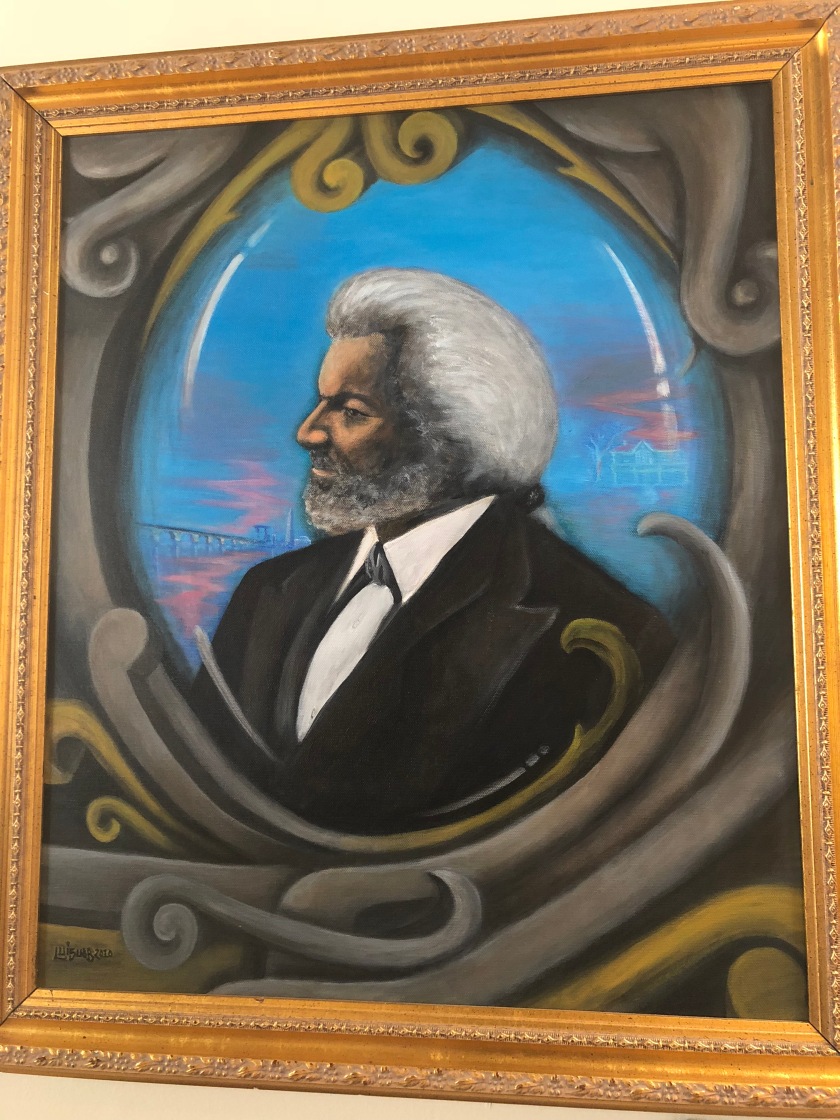Every writer has a voice but it’s important to be able to distinguish which is the correct voice to use depending upon the context. There are two main voices in English writing to be aware of: the active voice and the passive voice. In this ‘English Corner’ blog post, we will be focusing specifically on how to use the active voice in your writing, which means that the subject of the sentence is actually creating the action and not the other way around.
The ‘active voice’ adds more impact to your writing, which is why most writers use the active voice instead of the passive voice. Overall, I would argue that the active voice is more important than the passive voice yet you should know how to use both effectively as an English writer.
Active Voice Usage
Sentences written in an active voice flow better and are easier to understand. When you use the active voice, the emphasis is on the subject of the sentence, which is doing the action itself. This makes the sentence straightforward and concise. Examples are:
- I really love this TV show.
- Gorillas live in the jungle.
Sentences that use a passive voice are often harder to understand. Passive voice can make a sentence awkward and vague. The emphasis of the sentence changes to the receiver of the action. Some examples are:
- This TV show is loved by me.
- The jungle is where the gorillas live.
Passive sentences usually have more words than active ones, which is one reason why the reader has to work harder to get the meaning of the sentence, and the sentence structure can seem disorderly. If you have a composition that is too difficult to understand, you may be able to change some passive sentences to active ones. Two examples are:
- The electoral ballots were counted by the volunteers. (passive)
The volunteers counted the electoral ballots. (active) - The flowers were stepped on by the dog. (passive)
The dog stepped on the flowers. (active)
Active Voice Adds Impact to Your Writing
The active voice adds substantial impact to your sentence; however, you may sometimes want to use the passive voice to lessen the impact of your sentence.
- Sometimes the active voice is used to deliberately obscure who is responsible for an action, like if a politician said, “Mistakes were made” or “Shots were fired.”
- Businesses may use the passive voice to lessen their impact like “Your service will be shut off” which is passive, rather than “We are going to shut off your service.” which is active.
- In crime reports, a policeman would write, “the bank was robbed” because he does not know who actually robbed the bank.
- In a mystery novel, you may want to place the emphasis on what was taken, like “the jewels were taken” rather than focus on the unknown person who took them.
In most English sentences with an action verb, the subject performs the action denoted by the verb. These examples show that the subject is doing the verb’s action:
The boy must have eaten all of the hot dogs.
The boy (subject) is doing the eating (verb).
Jennifer mailed him the love letter.
Jennifer (subject) is doing the mailing (verb).
Colorful iguanas live in the Amazon rainforest.
Iguanas (subject) are doing the living (verb).
Because the subject does or “acts upon” the verb in such sentences, the sentences are said to be in the active voice. As you go through an individual essay, article, or paper, please be sure to check that you are primarily using the active voice. The passive voice definitely has its place but if you are especially trying to be persuasive, make a congruent argument, or back up your hypothesis, then you should mainly be using the active voice in those types of writing.
If you find that the ‘subject’ of your sentence is clearly not at the beginning and your action / object is taking its place, then your sentence is not an active one by a passive one instead. The active voice always places the subject within the first word or two at the beginning of the sentence so that the reader will be well aware of who is committing the action. Please keep in mind how to use the active voice in terms of the sentence structure, what the examples show above, and in which types of writing the active voice is mainly used. If you would like to take your English writing to the next level, you must first know what the active voice is and in a later ‘English Corner’ post, the passive voice will be discussed in terms of its usage and some examples.
Lastly, think of the ‘active voice’ and the ‘passive voice’ as the Yin and the Yang of English writing. Both have their separate and unique uses but you can’t only have one in your writing. You must be able to know how to use both because there cannot be one without the other.




















